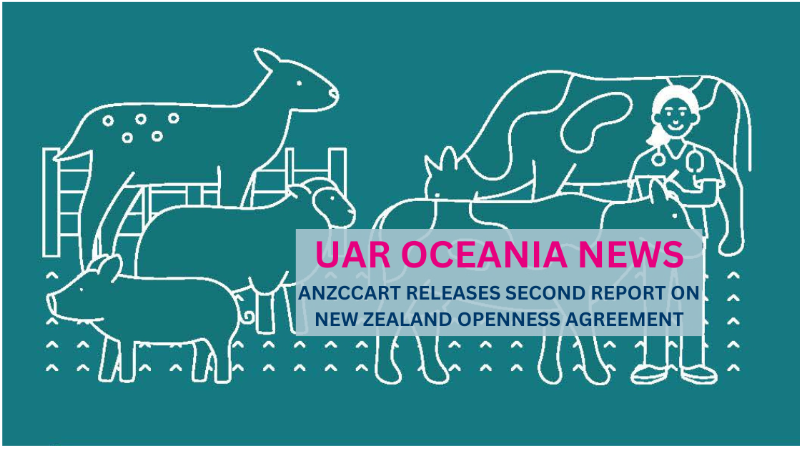Media fast facts
Why are animals used in research?
- Four main reasons:
– To advance scientific understanding
– As models to study disease
– To develop and test new medical treatments
– To protect the safety of people, animals and the environment
- Animals are needed to find out what happens in the whole, living body, which is far more complex than the sum of its parts.
- Most major medical advances have depended in part on the use of animals in research.
Are there alternatives?
- Most biological and medical research uses non-animal methods. While these are sometimes regarded as alternatives, they are normally used alongside animals to answer different research questions.
How is animal research regulated?
- The law requires animals are only used when the information cannot be obtained in another way, and the results will be sufficiently important to justify the use of animals.
- The UK is the only country in the world to have both local and national controls running at the same time.
- The Home Office is responsible for the regulation of animal experiments in the UK and the independent Animal Procedures Committee is a body that advises the Home Secretary.
- Three separate licences are required for animal procedures. Researchers adhere to ethical, scientific and legal guidelines, requiring that laboratory animals are treated well and used in minimum numbers.
- Inspectors from the Home Office, all qualified vets and doctors, make regular visits to all animal facilities, usually without warning.
- Recently, the European Directive which governs the use of animals in research was revised, and this legislation is currently being transposed into UK law.
How many animals and what type of animals are used?
- In 2020, 2.88 million animals were used in scientific procedures in the UK. This does not include invertebrates such as fruit flies or worms, or animals which are killed only for their tissue.
- Most the animals used are rodents or fish.
- Cats, dogs and primates such as macaques and marmosets make up less than 0.5% of the animals used. Great apes have not been used in the UK for over 25 years.
Opinions and ethical stances
- Polls consistently show that around three-quarters of the UK public agree that animal research is necessary to advance medicine.
- All major scientific and medical organisations around the world agree that animal research is crucial for our understanding of the body in health and disease and for the development and testing of new medical treatments.
- Antivivisection groups and animal rights extremists share an ideological opposition to any use of animals in research, but use different tactics.
- Animal rights extremists use criminal tactics to frighten researchers into stopping their work. Most of the extremists in the UK have now been jailed for their campaigns of harassment and intimidation.
For more information go to our website FAQ and Myth & Fact



